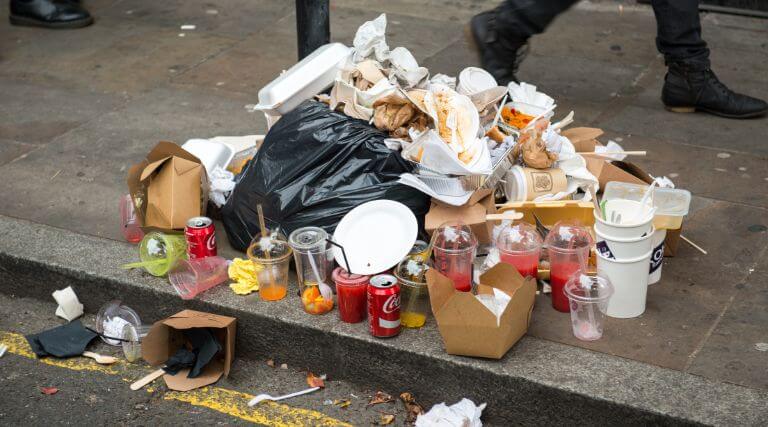
In an era where environmental consciousness is more critical than ever, reducing waste isn’t just a trend; it’s a responsibility. Whether you’re looking to save money, reduce your carbon footprint, or simply make your home more efficient, cutting down waste is a practical step towards a sustainable lifestyle. Here are five actionable ways you can minimise waste and make a positive impact on the environment.
1. Embrace Reusable Alternatives
Single-use items are one of the largest contributors to household waste. Replacing disposable items with reusable alternatives is a simple yet effective way to cut down on waste. Here are some swaps to consider:
- Reusable Shopping Bags: Ditch the plastic bags for sturdy, long-lasting canvas or jute bags.
- Stainless Steel Water Bottles: Say goodbye to single-use plastic bottles.
- Cloth Napkins and Towels: Reduce reliance on paper towels by opting for washable cloth options.
- Beeswax Wraps: These are perfect for wrapping leftovers instead of using cling film.
By incorporating these alternatives into your daily routine, you can significantly reduce the amount of rubbish heading to the bin.
2. Compost Organic Waste
Food scraps and garden waste often make up a large portion of household rubbish. Instead of sending them to landfill, why not start composting? Composting not only reduces waste but also provides you with nutrient-rich soil for your garden.
Here’s how to get started:
- Set up a compost bin in your garden or use an indoor composting solution if you’re tight on space.
- Add a mix of “green” waste (fruit peels, coffee grounds, grass clippings) and “brown” waste (cardboard, dry leaves, newspaper).
- Avoid adding meat, dairy, or oily food to prevent unpleasant smells and pests.
Over time, you’ll have rich compost to feed your plants while reducing your household waste dramatically.
3. Repair and Repurpose
In a throwaway culture, items are often discarded at the first sign of wear. However, repairing or repurposing broken items can extend their lifespan and reduce waste. For instance:
- Repair Clothing: Sew up small tears or add patches to well-loved garments instead of discarding them.
- Fix Electronics: Many minor issues with gadgets can be solved with a little DIY or professional help.
- Upcycle Furniture: Turn an old table into a rustic piece with a bit of sanding and paint.
Not only does this save items from ending up in the bin, but it also allows you to unleash your creativity and save money in the process.
4. Buy in Bulk and Choose Minimal Packaging
Packaging waste is a significant contributor to landfill rubbish. When shopping, consider buying in bulk or choosing products with minimal or recyclable packaging.
- Opt for refillable containers for cleaning supplies or personal care products.
- Shop at zero-waste stores where you can bring your own containers.
- Choose loose fruit and vegetables instead of pre-packaged options.
By making mindful shopping choices, you’ll reduce unnecessary waste and support businesses that prioritise sustainability.
5. Recycle Properly
Recycling is one of the most straightforward ways to reduce waste, yet many people don’t do it effectively. Take time to familiarise yourself with your local recycling guidelines to ensure you’re sorting materials correctly.
Key tips for effective recycling:
- Rinse containers to avoid contamination.
- Flatten cardboard boxes to save space.
- Avoid “wish-cycling” – only place items in the recycling bin if you’re sure they are accepted.
If in doubt, check with your local council or recycling centre for a list of acceptable items. Proper recycling can significantly reduce the waste that ends up in landfill.
Take the Next Step Towards Sustainability
Implementing these waste-reduction strategies not only benefits the environment but also helps create a cleaner, greener community for everyone. If you’re ready to take it a step further, our professional waste removal services can help you manage household or commercial waste efficiently.










